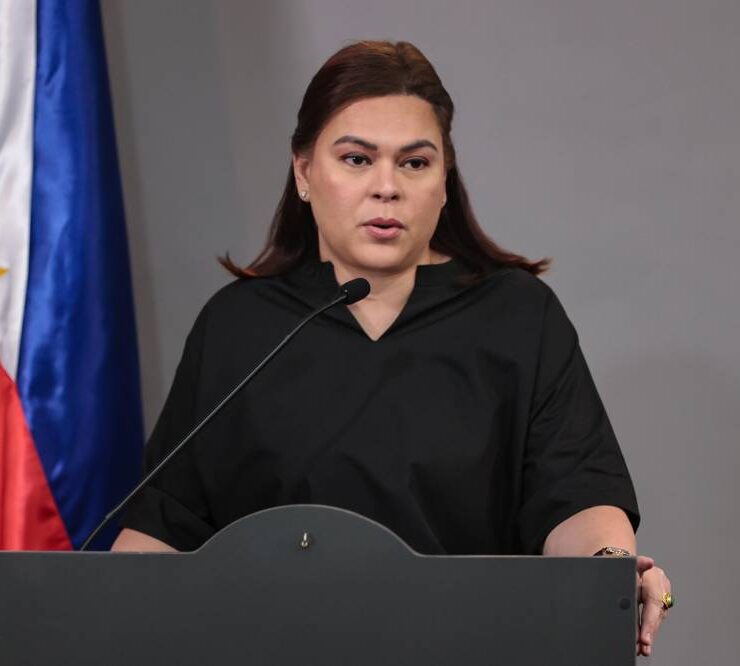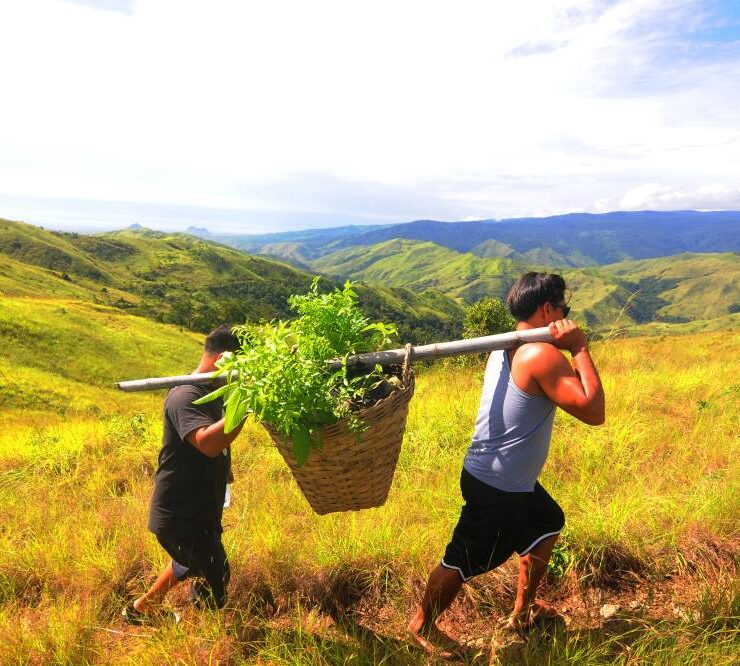Training tool launched for child abuse cases

A justice advocacy group has introduced a training tool to guide prosecutors, social workers and law enforcement agents to properly conduct video in-depth disclosure interviews (Vidi) for children victimized by online sexual abuse and exploitation.
Nongovernmental organization International Justice Mission (IJM) has also come up with a 35-minute video intended to promote the use of Vidi in prosecuting cases of online sexual abuse or exploitation of children (Osaec), in an effort to protect children from having to relive the trauma throughout the legal process, the IJM said in a news release on July 8.
A Vidi is a court-admissible recording of a child survivor’s testimony which spares them from having to appear in court and face the suspected offenders.
Just last year, the Department of Justice (DOJ) hailed the conviction of a 32-year-old woman from Iligan City who faced multiple charges of facilitating the online sexual exploitation of children. Digital evidence and in-depth video interviews were used in that landmark case.
Unfamiliar with tool
Yet despite its potential, Vidi still presents challenges to law enforcement agents who might have heard of the legal tool but do not know yet how to apply it.
During its launching in Pasig City on June 25, lawyer Princess Roxanne Sucor of the Office of the City Prosecutor in Taguig recounted a difficult case wherein Vidi was improperly used.
“There was no proper disclosure. Critical details of the elements of the crime were missing… I had no choice but to subject the child survivor to the stand, knowing the toll it would take on him,” recalled Sucor.
“Unfortunately, the truth is many in law enforcement [either] still don’t know Vidi exists or [don’t know] how to use it effectively,” she said.
Sucor admitted that she once shared the common belief that a child’s live testimony was the “gold standard” and that digital evidence was “unreliable.”
“However, my perspective changed when I saw the cost. Watching the children break down, forced to confront their abusers, changed me,” she said.
“This experience taught me two critical lessons: first, that our skepticism about digital evidence often stems from improper execution and not the method itself. Second, that with proper protocols, Vidi can be as reliable as any evidence we admit in court,” Sucor said.
‘Broader adoption’
Lawyer Raena Pabiona of IJM said Vidi is still in the transition period of being introduced across the country’s justice system.
While some prosecutors are already using it, many others, including judges, are not yet familiar with the tool, she said.
IJM said “Efforts are ongoing to [promote] its broader adoption, including collaboration with the Department of Justice to issue a circular that will guide prosecutors, and we may hear from the Supreme Court on further developments to help further the use of Vidis and similar recorded interviews in court, as they also recognize this challenge.”
For now, in an effort to give Vidi a more mainstream application, IJM has prepared a training video which could serve as a supplemental reference for caseworkers, including prosecutors, social workers and law enforcement officers.
The video includes a step-by-step guidance, checklists, best-practice recommendations and references to relevant legal frameworks such as the Rules on Examination of a Child Witness.
DOJ Assistant Secretary Michelle Anne Lapuz underscored the value of empathy and the need to “place ourselves in the shoes of the children.”
“We imagine their suffering—fear, confusion, distress. We ask ourselves, ‘What do we do to prevent further harm?’ We want this tool to become best practice—the default. We’re not just advocating for the use of a tool; we are advocating for culture change,” she said.
More than just a casework tool, Nelissa Guevara Garcia of IJM, who is also director of the organization’s National Prosecution Development and one of the trainers in the video, said Vidi is intended to offer victims a “safe space” and a “trauma-informed setting.”
The Vidi Orientation video is available for download at https://ijm.org.ph/vidi-orientation.
To report Osaec incidents, contact the Philippine National Police–Women and Children Protection Center at 0966-725-5961 (Globe) and 0919-777-7377 (Smart).





















